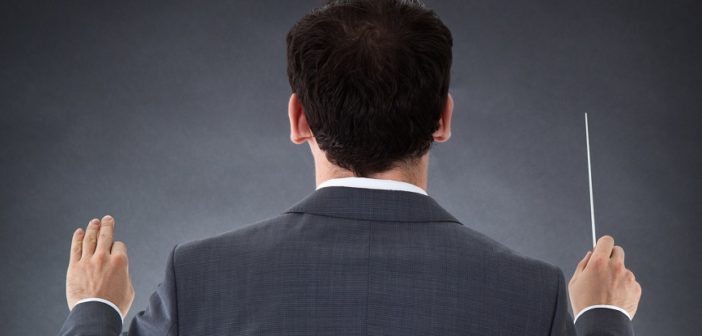 Et tu, Mozart?
Et tu, Mozart?
When most people think of music and addiction, it’s usually the rock n’ roll or country performers that leap to mind—the Johnny Cashes, Kurt Cobains and Axl Roses of the music world—but that perception may broaden a little with the recent airing of the BBC documentary Addicts Symphony, which “aims to highlight how addiction is blighting the lives of many classical musicians as they grapple with performance anxiety and antisocial hours.”
While that somewhat highbrow and clinical description of the problem leaves out the possibility that these folks may have actually enjoyed getting fucked up at some point prior to having the disease destroy their lives and careers is a little troubling (although I should remember that it was written by PR people and not addiction counselors), I love that the public can see that those musicians afflicted with addiction aren’t just the wild bunch in rock and country circles.
Classic Addict Bonding
And while I can’t picture angelic-looking cellist Rachael Lander smashing up a hotel room a la Keith Moon, I can certainly identify with the shakes, cold sweats, crawling skin, stomach cramps and dry heaves she had for breakfast every morning before pumping some cheap vodka into her system. Lander is one of the musicians profiled in the documentary, which chronicles the lives of 10 classical musicians with addiction problems—from booze and benzos to cocaine, amphetamines and heroin—who come together in just eight weeks to compose and perform an original piece entitled “Rhapsody of the Tamed,” which they performed with the London Symphony Orchestra last November. Some of the musicians had been clean and sober for years, but some for only a few months.
The concert was the brainchild of composer and musician James McConnel, whose 18-year-old son Freddy died of a heroin overdose in 2011. McConnel himself is a recovering alcoholic with 20-plus years under his belt, and he said that he found music to be a huge part of his recovery and wanted to share this with others in a similar position. But it was the death of his son that inspired him to develop the project.
“Before he died, Freddy said, ‘Dad will you look into the idea of music being an aid to recovery?’” McConnel says. “If he hadn’t taken a dodgy dose of heroin, he might have got to that point. Music can give you the same feeling that drugs can, only better. I cannot see why it couldn’t work for other people.”
The documentary examines the downward spiral of each of the musicians and their recovery up to the point of the performance. Lander, for example, started playing cello at the age of eight and became a member of the National Youth Orchestra as a teenager, where she first began experiencing panic attacks caused by performance anxiety.
“When I drank, these attacks stopped,” she told the Radio Times in a pre-broadcast interview. “I also took Valium and beta-blockers so you could block the adrenal gland and still hang on to your mental capacity. The Valium was great because I didn’t really have to be in the room.” But the vodka and pills stopped working for her, and she quit the profession to become a self-described “drunken waitress” before getting sober seven years ago.
She’s now a session musician for pop bands, and this was her first performance with an orchestra since she walked away from it all. Her story is just one of the 10 told in this film, which concludes with the performance. The documentary aired on the BBC on August 27th, but I’m sure it will be available soon, because everything is these days. Addicts’ Symphony is produced by Big Mountain Productions and directed by Dollan Cannell.
Sponsored DISCLAIMER: This is a paid advertisement for California Behavioral Health, LLC, a CA licensed substance abuse treatment provider and not a service provided by The Fix. Calls to this number are answered by CBH, free and without obligation to the consumer. No one who answers the call receives a fee based upon the consumer’s choice to enter treatment. For additional info on other treatment providers and options visit www.samhsa.gov.




